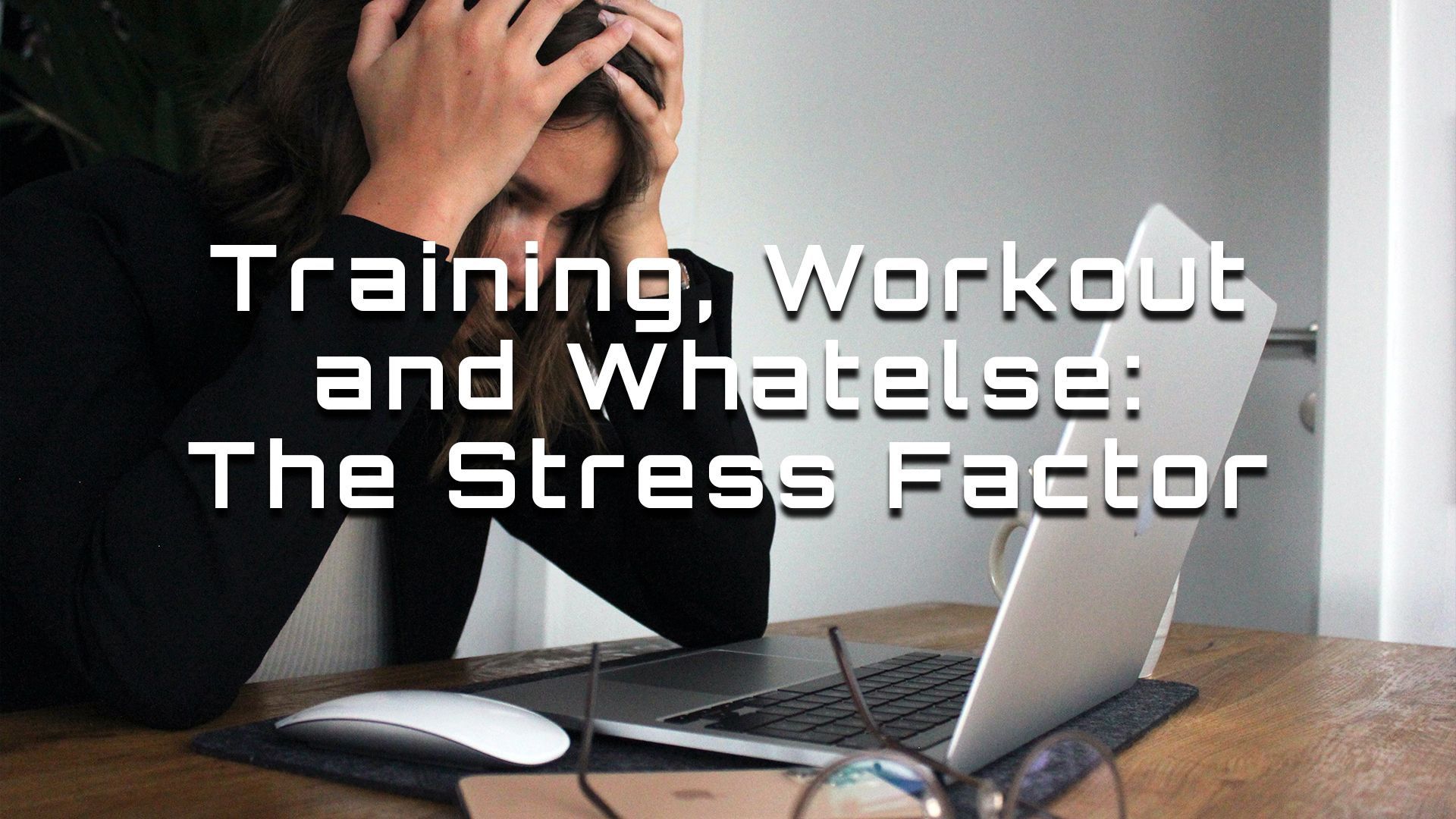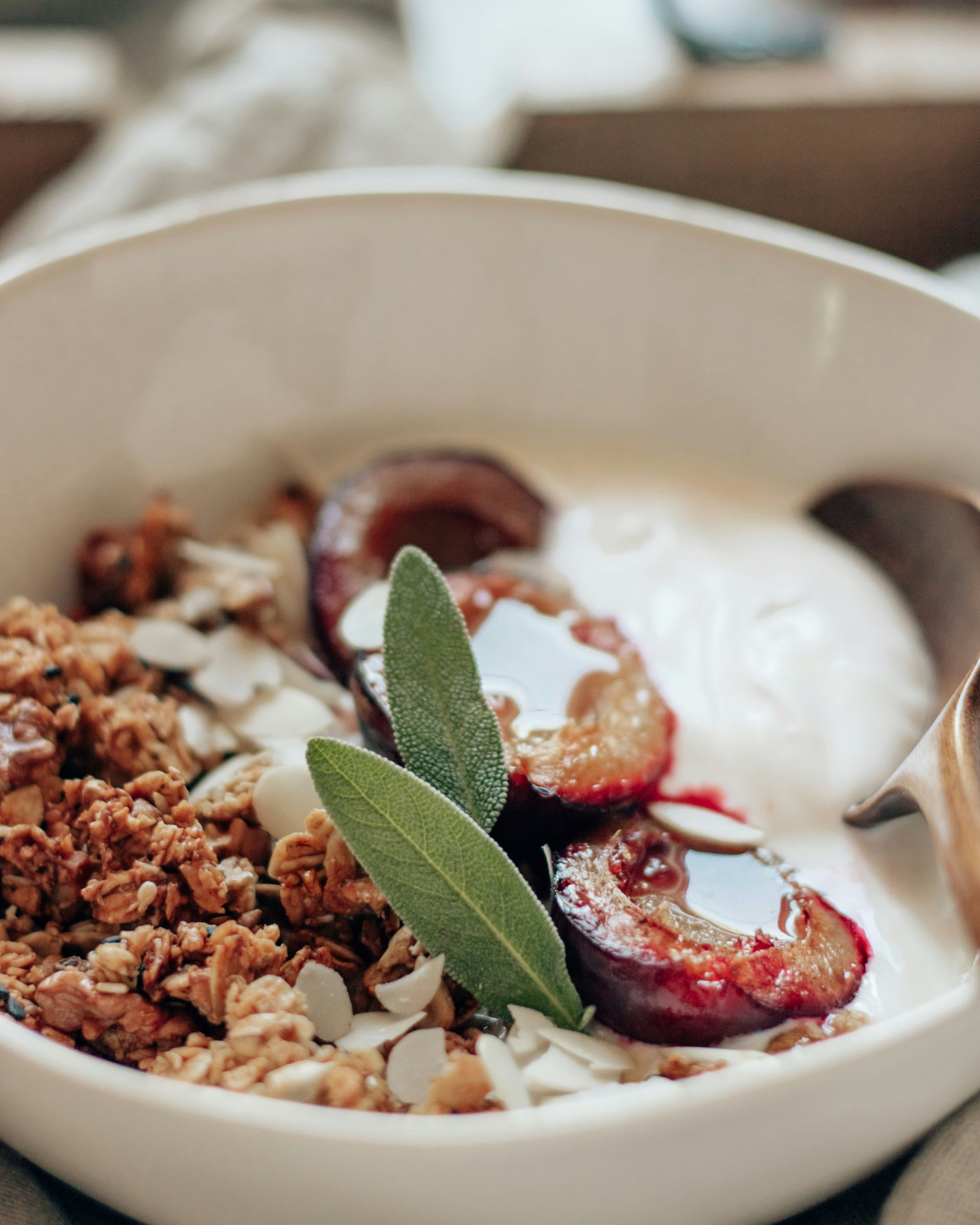
It's the year 2023, and everybody is focused on precisely nailing their nutrition and training to a 'tee, so much so that people are willing to spend £1000s on personal trainers and diet plans, but one thing that you cannot pay for and will likely have the largest effect (I'll explain why) on your health and fitness is stress.
Stress can have significant impacts on both health and fitness. When the body experiences stress, whether it is from psychological or physical sources, it triggers a cascade of physiological responses that can affect various aspects of well-being. Here are some ways in which stress can impact health and fitness
Hormonal Imbalances, there are neural pathways in the body which connect the brain and body. In response to stress and anxiety, the brain tells our endocrine system to release hormones into our blood stream such as cortisol and adreneline, these are okay in the short-term (for instance, when you need to run away from a fully grown grizzly bear).
In the long term, this can adversely effect your appetite, metabolism and energy levels thereby effecting your gym gains.
Impared Immune System, stress makes you sick! Not only does it give you that regurgitating, awful feeling just above the stomach but its easier for you to catch illnesses, become more susceptible to infections, and prolong recovery from your workouts.
Disrupt sleep: I'm sure we can all relate to being unable to sleep before exam day as a student. Lack of sleep can make you anxious, disrupt your cognitive abilities, energy levels and your exercise performance. I have had to send clients home in the past because their sleep had been dreadful for a few days.
Emotional Eating and Weight Gain: In response to stress, some individuals may turn to emotional eating as a coping mechanism. This can involve consuming calorie-dense, unhealthy foods in excessive amounts, leading to weight gain and a negative impact on body composition. This hinders progress in achieving fitness goals and contribute to additional health issues.
In the heirachy of health and fitness, I put stress management above training and even nutrition. I recommend you implement stress management interventions if you're struggling with this, do your own research! Anymore diet and training advice contact me here
#personaltrainer #fitnesscoach #healthcoach #workout #gym #stress #management #motivation

Start Today!
Ready to transform your fitness journey? Take the first step towards achieving your goals with personal training!
My take on Health and Fitness



